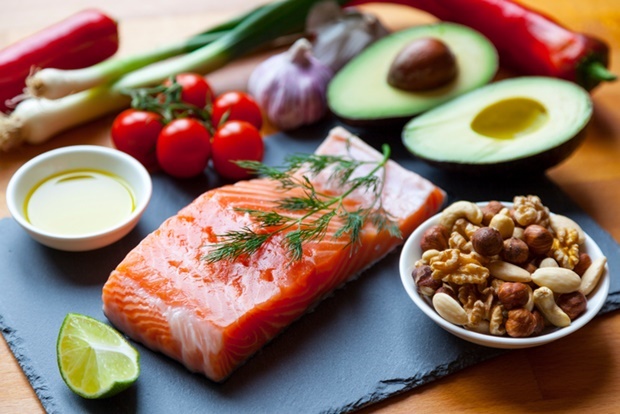
A blood clot may develop in any of your blood vessels – and then move to your brain, lungs, heart, or other parts of the body.
Clots occur when blood platelets and plasma proteins thicken to form a semi-solid mass. This process is often started by an injury, but there might be a hidden culprit…
According to a small study, blood becomes more prone to clotting as a result of choline, a nutrient found in meat and eggs.
Aspirin may reduce risk
The findings appear in the online issue of Circulation.
The nutrient is called choline. Researchers found that when they gave 18 healthy volunteers choline supplements, it boosted their production of a chemical called TMAO.
That, in turn, increased their blood cells' tendency to clot. But the researchers also found that aspirin might reduce that risk.
TMAO is short for trimethylamine N-oxide. It's produced when gut bacteria digest choline and certain other substances.
Greater risk of blood clotting
Past studies have linked higher TMAO levels in the blood to heightened risks of blood clots, heart attack and stroke, said Dr Stanley Hazen, the senior researcher on the new study.
These findings, he said, give the first direct evidence that choline revs up TMAO production in the human gut, which then makes platelets (a type of blood cell) more prone to sticking together.
Choline is found in a range of foods, but it's most concentrated in animal products such as egg yolks, beef and chicken.
Hazen said he and his colleagues at the Cleveland Clinic wanted to isolate the effects of choline on people's levels of TMAO and their platelet function. So they studied supplements.
The researchers had 18 healthy adults – 10 meat-eaters and eight vegetarians/vegans – take choline supplements for two months.
The supplements provided around 450 milligrams of choline daily – roughly the amount in two or three eggs, Hazen said.
Results
One month in, the study found, the supplements had raised participants' TMAO levels 10-fold, on average. And tests of their blood samples showed that their platelets had become more prone to clotting.
"This study gives us one of the mechanisms by which TMAO may contribute to cardiovascular disease," said Dr J David Spence.
Spence, who was not involved in the study, directs the Stroke Prevention & Atherosclerosis Research Centre at Western University in London, Ontario, Canada.
For the healthy people in this study, Spence said, the TMAO rise from choline might not be worrisome. But, he added, it might be a concern for people at increased risk of heart disease or stroke.
Blood clots forming in the heart – which may cause heart attacks – could travel to any other organ or artery in the body, a previous study reported. And blood clots lodging in the carotid artery or deep in the brain could lead to a stroke.
Hazen and a colleague report potential royalty payments from several companies related to "cardiovascular diagnostics and therapeutics". One company, Cleveland HeartLab, recently launched a test for measuring TMAO levels.
Spence suggested those individuals limit egg yolks, beef and other foods high in choline.
Alternative lifestyle
Hazen had similar advice. "You don't have to become a vegetarian," he said. "But you could try eating more plant-based foods, and more vegetarian meals."
He also pointed to the Mediterranean diet – rich in olive oil, vegetables and fish. In an earlier study, Hazen said, his team found that a compound in olive oil seems to inhibit TMAO formation.
iStock
The new study uncovered yet another compound that may counter TMAO: low-dose aspirin.
Low-dose aspirin could be key
In a separate experiment, the researchers had some participants take 85 milligrams of aspirin (a baby aspirin) a day, in addition to choline supplements. That, it turned out, lessened the rise in TMAO and the change in platelet activity.
Doctors already prescribe low-dose aspirin to certain people at risk of heart disease and stroke.
It's possible, Hazen said, that aspirin's effects on TMAO are one reason it helps ward off cardiovascular trouble.
The current study is small and preliminary. But it's the latest to suggest that the gut "microbiome" plays a key role in cardiovascular disease, Spence said.
The "microbiome" refers to the trillions of bacteria that dwell in the gut. Spence said researchers are just beginning to understand how gut bacteria and their byproducts affect the cardiovascular system.
Read more:
Blood clot risk higher in heavy women




 Publications
Publications
 Partners
Partners
















